Nigeria may likely be in deeper economic trouble with the recent verdict Standford University economist that leading automobile manufacturers in Asia, Europe and the United States, to discontinue the manufacture of petrol-powered cars, buses and trucks in the next eight years.
After eight years, he said that the entire market for land transport will switch to electronic powered transport system. According to him, this will lead to the collapse of oil prices and the demise of the petroleum industry, Nigeria’s key foreign exchange earner.
In a futuristic forecast by Standford University economist, Tony Seba, people will switch en masse to self-drive electric vehicles (EVs) that are 10 times cheaper to run than fossil-based cars, with a near-zero marginal cost of fuel and an expected lifespan of 1 million miles (1.6 million kilometres).
See Related Post: 11 Ways Petrol Attendants Cheat You At Filling Stations And Precautions
Seba, however, said that only nostalgics will cling to the old habit of car ownership whereas the rest will adapt to vehicles on demand.
He observed that it will become harder to find a petrol station, spares, or anybody to fix the 2000 moving parts that bedevil the internal combustion engine and dealers will disappear by 2024.
“Cities will ban human drivers once the data confirms how dangerous they can be behind a wheel. This will spread to suburbs, and then beyond. There will be a “mass stranding of existing vehicles”. The value of second-hand cars will plunge. You will have to pay to dispose of your old vehicle. It is a twin “death spiral” for big oil and big autos, with ugly implications for some big companies on the London Stock Exchange unless they adapt in time” he said.
According to him, the long-term price of crude will fall to $US25 a barrel while most forms of shale and deep-water drilling will no longer be viable.
“Assets will be stranded. Scotland will forfeit any North Sea bonanza. Russia, Saudi Arabia, Nigeria, and Venezuela will be in trouble. It is an existential threat to Ford, General Motors, and the German car industry.
They will face a choice between manufacturing EVs in a brutal low profit market, or reinventing themselves a self-drive service companies, variants of Uber and Lyft. They are in the wrong business. The next generation of cars will be “computers on wheels”. Google, Apple, and Foxconn have the disruptive edge, and are going in for the kill.
Silicon Valley is where the auto action is, not Detroit, Wolfsburg, or Toyota City. The long-term price of crude will fall to $US25 a barrel. Most forms of shale and deep-water drilling will no longer be viable. Assets will be stranded. Scotland will forfeit any North Sea bonanza. Russia, Saudi Arabia, Nigeria, and Venezuela will be in trouble. The shift, according to Mr Seba, is driven by technology, not climate policies. Market forces are bringing it about with a speed and ferocity that governments could never hope to achieve.
“We are on the cusp of one of the fastest, deepest, most consequential disruptions of transportation in history,” Seba said.
“Internal combustion engine vehicles will enter a vicious cycle of increasing costs.” The “tipping point” will arrive over the next two to three years as EV battery ranges surpass 200 miles and electric car prices in the US drop to $US30,000 ($40,600). By 2022, the low-end models will be down to $US20,000. After that, the avalanche will sweep all before it.
“What the cost curve says is that by 2025 all new vehicles will be electric, all new buses, all new cars, all new tractors, all new vans, anything that moves on wheels will be electric, globally,” Seba said.
By Omodele Adigun and Isaac Anumihe
See Related Post: 11 Ways Petrol Attendants Cheat You At Filling Stations And Precautions

 News6 days ago
News6 days ago
 News5 days ago
News5 days ago
 News1 week ago
News1 week ago
 Celebrities Auto5 days ago
Celebrities Auto5 days ago
 News3 days ago
News3 days ago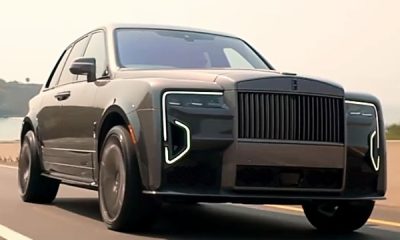
 News1 week ago
News1 week ago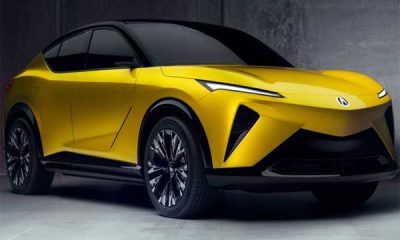
 Concept Cars5 days ago
Concept Cars5 days ago
 News3 days ago
News3 days ago
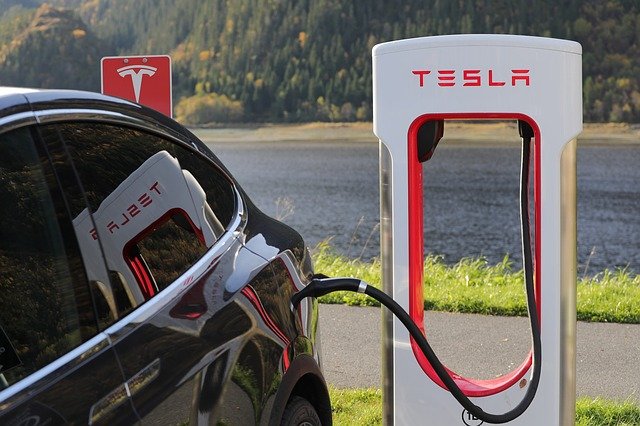

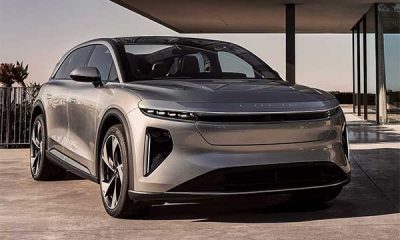

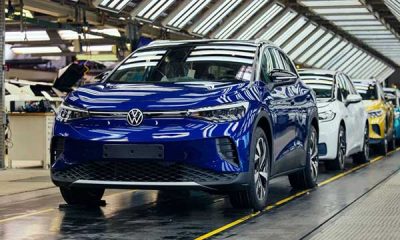

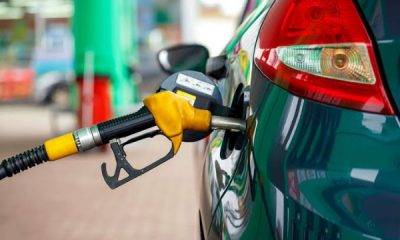

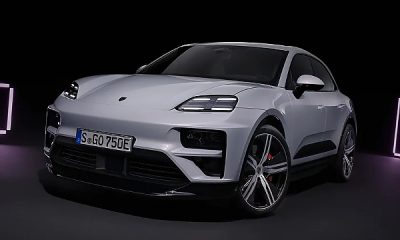



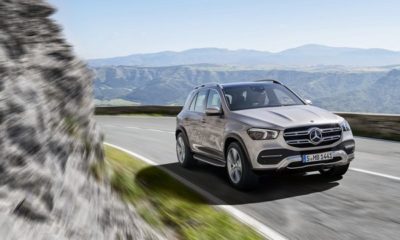

sholly
July 5, 2017 at 15:40
Wow! Autojosh can we start the preparation to order my electric Car? Nigeria my beloveth country is getting prepared for this…. you all will be shocked….